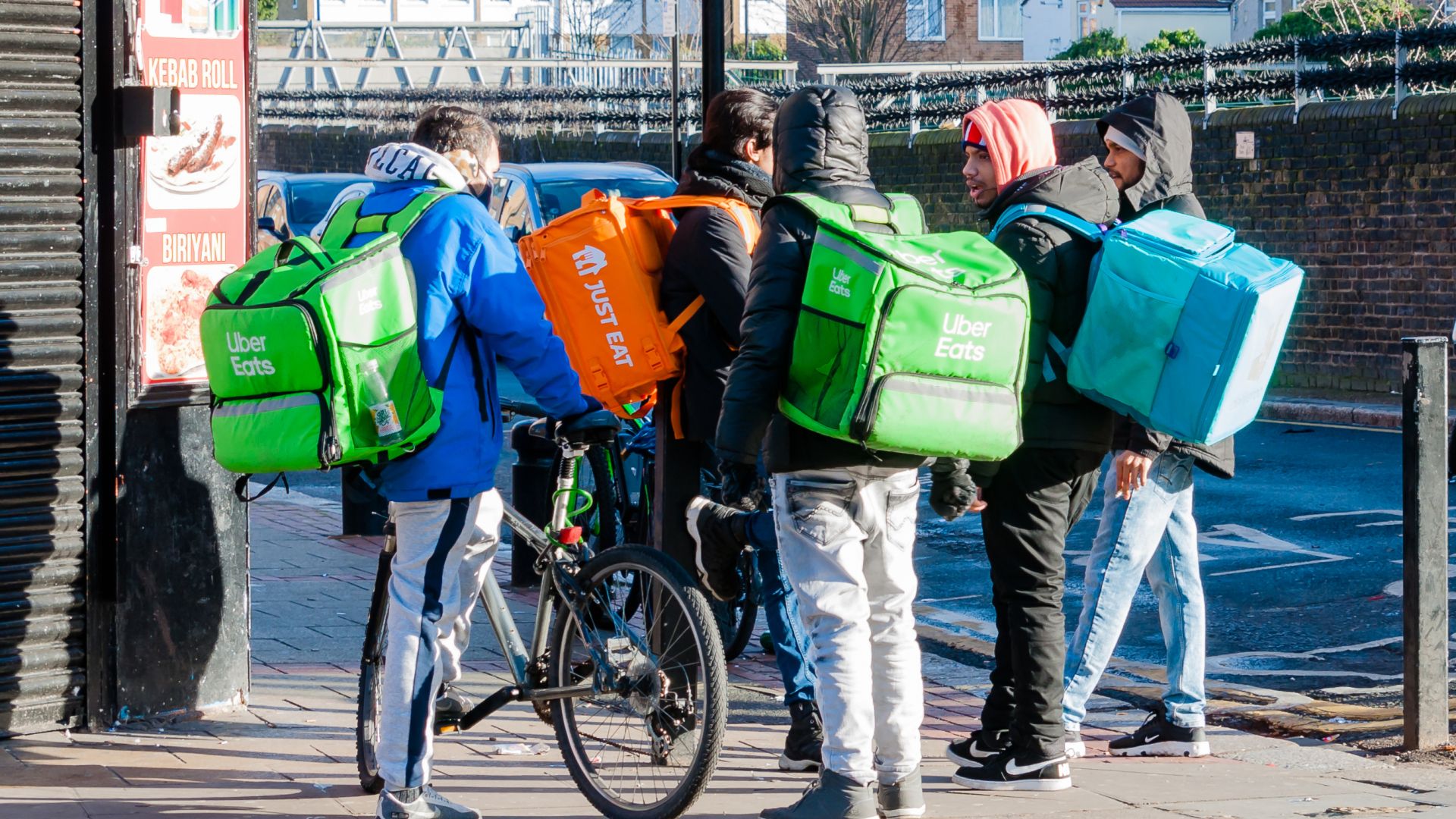Tomorrow, the European Parliament will vote on its position on the landmark new EU legislation aiming to significantly improve the social and labour rights of gig earners working for Uber, Deliveroo, Helpling, and similar platforms. At the same time, it aims to protect the genuinely self-employed and good employers.
In December 2022, the Parliament’s committee on employment and social affairs reached an ambitious agreement that was negotiated by our Vice-President Elisabetta Gualmini and adopted by a large majority of the committee members. The S&Ds call on all members of this house to reaffirm this agreement tomorrow. By doing so, the Parliament will be ready to enter into negotiations with EU member states. Time is of the essence. This key legislation should be finalised before the end of this parliamentary term.
Elisabetta Gualmini, S&D Vice-President and European Parliament’s rapporteur on the new EU legislation on improving conditions of gig workers:
“Let us take a historic step tomorrow and join forces to protect an ambitious, forward-looking and balanced agreement that was reached by the Parliament’s committee on employment and social affairs just before the end of last year. Under huge pressure from platforms, this agreement is now being challenged by individual members of this house. We must not give in to aggressive lobbying by large digital companies. We must shield workers from abuse by giants of the web.
“Our agreement ensures correct employment classification, based on the actual working conditions and transparency of algorithms that cannot remain black holes. It guarantees that trade unions and worker representatives will be able to collectively bargain on platform working conditions. It places the burden of proof of the employment status on the platforms. There will be no automatic reclassification of workers.
“Furthermore, our agreement secures autonomy, freedom, and flexibility of the self-employed. It also protects good employers and prevents unfair competition. It wards off dehumanisation of the labour market by ensuring human oversight and interactions so that the machines cannot fire people or spy on them. It is a truly good agreement and we should reaffirm it tomorrow.”
Agnes Jongerius, MEP and S&D spokesperson on employment and social rights, added:
“Every worker is entitled to labour and social rights: fair pay, social insurance, sick leave and engagement in collective bargaining. It is time to change the game of the gig economy and make sure this often-exploitative labour market model does not spread to other job sectors. If we don’t act to protect the most vulnerable people in the economy today, we risk precarious work spreading everywhere tomorrow.”
“We have been the driving force for passing EU laws to adequately protect all earners, also those working through the apps. This is one of the major challenges of the digital era. Today, over 28 million people in the EU work through digital labour platforms. In 2025, their number is expected to reach 43 million.”
Note to editors:
Platform workers use an app or a website to offer services in exchange for payment. This kind of work is currently presented by many platforms as a non-standard form of employment. Therefore, the social and labour rights of people working through apps and websites are not enshrined in standard labour legislation, which leaves many online earners with less protection than offline workers. It also creates unfair competition between the gig economy and traditional companies.
The main objective of the new legislation – the directive on improving conditions in platform work – is to enshrine a rebuttable presumption of an employment relationship in EU law. This means platform workers are in principle employees with all applicable rights. If the platform companies disagree, it must be up to them to prove otherwise.










